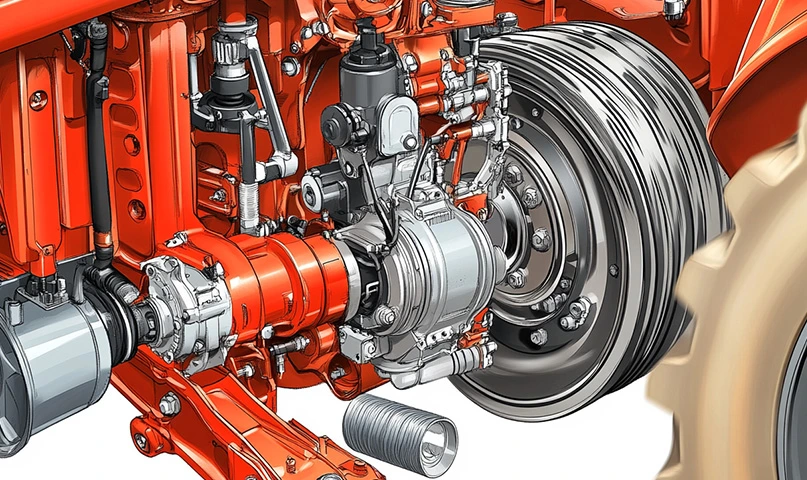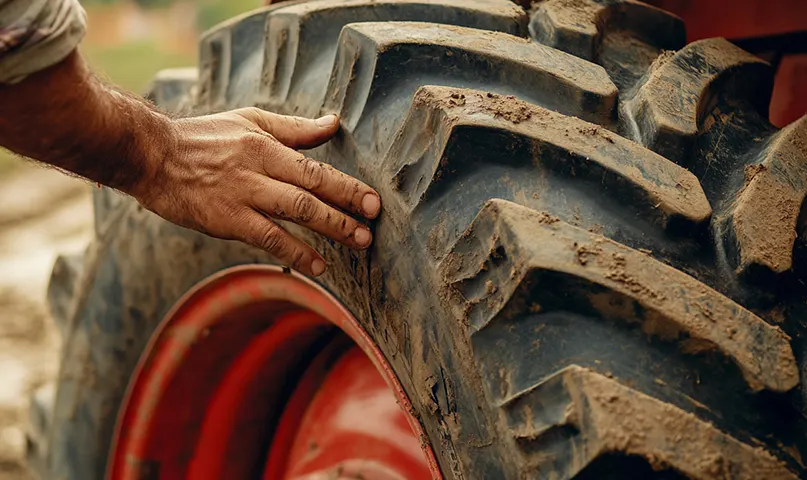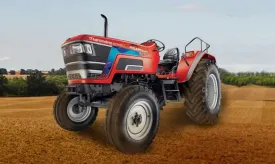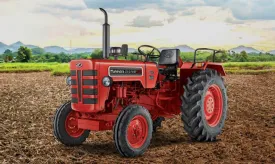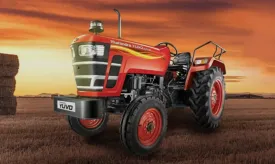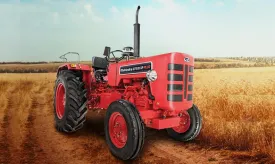Advantages of using a disc plough in agriculture
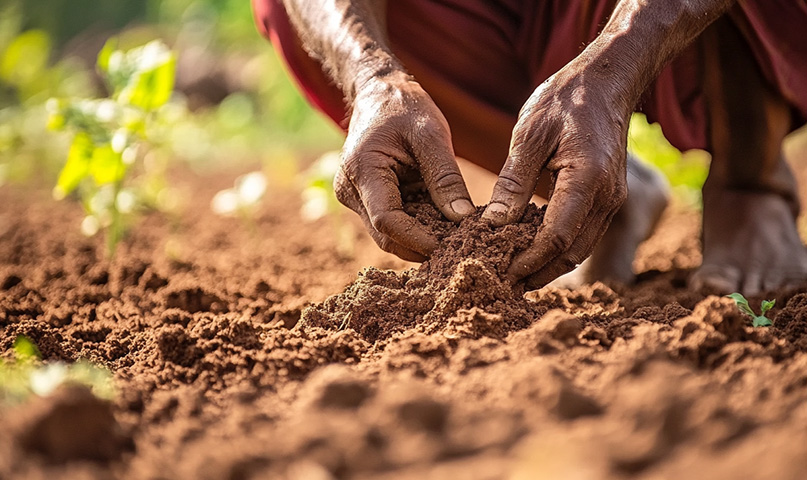
Agriculture has come a long way in terms of technology and equipment, and one of the most significant advancements has been the introduction of the disc plough. Used primarily for tilling the soil, the disc plough has proven to be an essential tractor implement for farmers looking to optimize their crop production. Unlike the traditional mouldboard plough, the disc plough uses rotating discs to cut through the soil, offering various benefits. In this blog, we will explore the advantages of using a disc plough in modern agriculture and why it's favored by many farmers worldwide.
1. Effective for tough and hard soil
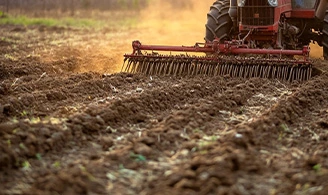
One of the most significant advantages of using a disc plough is its ability to break through tough and compacted soil. Traditional ploughs may struggle with hard, dry, or clayey soils, but the disc plough, with its sharp, angled discs, is designed to cut through tough soil surfaces with ease. This is especially useful in regions where the soil is dense, heavy, or has a hard crust.
- Hardpan breaking: Disc ploughs can break through hardpans and compacted layers, allowing air, water, and nutrients to reach the roots of crops more effectively.
- Clay and sticky soil: Disc ploughs are less likely to clog with sticky or clayey soil, a common problem faced with mouldboard ploughs.
2. Better in wet and moist conditions
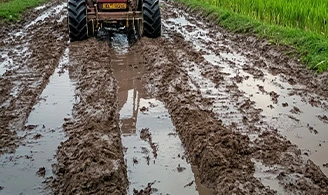
While most ploughs struggle in wet or moist soil conditions, the disc plough performs exceptionally well in such conditions. The design of the discs, which rotate rather than slice, allows it to cut through wet, sticky soil without clogging. This makes it ideal for areas where rainfall is abundant or fields that are temporarily flooded.
- Efficient in rain-prone areas: The disc plough is commonly used in areas with high rainfall or those prone to flooding as it can operate without being bogged down by excess moisture.
- Increased operational time: Farmers can work on the fields for extended periods even during the wet season, optimizing their time and reducing delays in land preparation.
3. Better weed control

When preparing land for cultivation, controlling weeds is essential to ensure crops can grow without competition for nutrients. Disc ploughs are particularly effective in incorporating weeds into the soil by cutting and turning them under. The rotating discs break up the soil and bury weeds, which helps in weed suppression by preventing their regrowth.
- Burying weed seeds: By turning the soil over and burying weed seeds, disc ploughs reduce the chances of those weeds germinating and competing with crops.
- Improved soil fertility: Decaying weeds left in the soil can add organic matter and enhance soil health over time.
4. Improved soil aeration

Soil aeration is crucial for healthy plant growth because it allows for better root penetration, water retention, and nutrient uptake. The action of the disc plough, which slices and rotates the soil, helps improve the aeration of the soil by breaking it into smaller particles and allowing air to circulate more freely.
- Enhanced root development: The improved aeration promotes root growth, as the roots have easier access to water, oxygen, and nutrients.
- Prevention of soil compaction: Regular use of the disc plough prevents soil compaction, ensuring a healthier and more productive soil environment for crops.
5. Improved soil structure

By breaking up clods of soil and mixing organic material into the soil, the disc plough contributes to the improvement of soil structure. Over time, this leads to better soil tilth, which allows for easier planting and root growth.
- More uniform soil texture: The disc plough creates a more uniform seedbed by breaking up soil clumps and leveling the soil surface.
- Better water infiltration: With improved soil structure, water can infiltrate more easily, reducing runoff and erosion.
6. Suitable for various crops
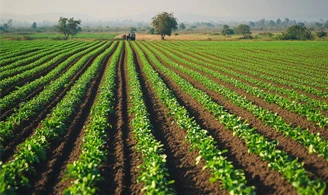
Disc ploughs are highly versatile and can be used for a wide range of crops. Whether you're cultivating grains, vegetables, or legumes, the disc plough can efficiently prepare the land for planting.
- Deep tilling: The disc plough can be used for deep tilling, which is beneficial for crops that need deeper soil preparation.
- Row crop cultivation: Disc ploughs can also be used to prepare the soil for row crops by ensuring that the soil is adequately loosened for optimal planting.
7. Reduced labor and time
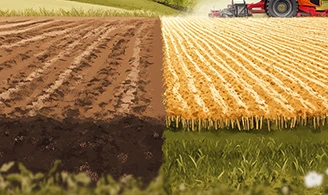
One of the main reasons farmers prefer the disc plough is that it reduces the amount of labor and time required for soil preparation. Compared to manual tilling methods or even traditional ploughs, disc ploughs can cover large areas much more quickly. This efficiency allows farmers to focus their time on other important tasks, such as planting, irrigation, and crop management.
- Faster operation: Disc ploughs are faster and more efficient than other tillage equipment, allowing farmers to prepare large fields in a short amount of time.
- Lower labor costs: With the reduced need for manual labor, farmers can save on labor costs, which is especially important in large-scale farming operations.
8. Longevity and durability
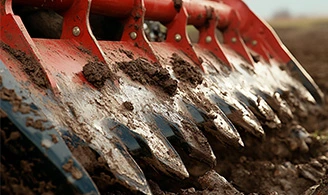
Disc ploughs are generally designed to withstand tough conditions. The discs are made from high-quality steel or other durable materials, making them highly resistant to wear and tear. This durability ensures that the disc plough will last for many years, even under continuous use in tough conditions.
- Reduced maintenance: Because of their strong design, disc ploughs require less maintenance and have a longer service life compared to many other types of ploughs.
- Resistant to wear: The materials used to build the disc plough can endure the abrasive conditions of rocky or hard soils without significant damage.
9. Reduced soil erosion
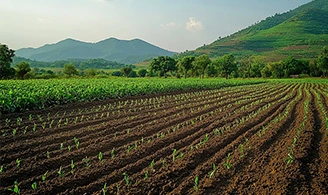
When used correctly, disc ploughs help in controlling soil erosion. The action of the plough not only breaks the soil but also ensures it is adequately covered with organic matter, reducing the chances of topsoil loss due to wind or water.
- Soil conservation: By breaking up compacted soil and improving water retention, disc ploughs contribute to better soil conservation, reducing the likelihood of erosion in sloped areas.
- Retention of moisture: The disc plough’s action helps in maintaining moisture in the soil, which is vital for crop growth, especially during dry periods.
10. Versatility in field conditions
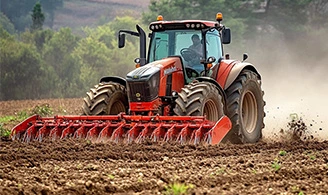
The disc plough is adaptable to various field conditions, including different types of soils and terrains. Whether you are working on a flat field, a hilly area, or a sloped surface, the disc plough is designed to handle all of these challenges.
- Sloped and uneven land: The design of the disc plough allows it to work on uneven or sloped land, which can be challenging for other types of ploughs.
- Adjustable depth: Most disc ploughs allow for adjustable depth settings, making it easier to manage the ploughing depth based on soil type and crop requirements.
Conclusion
The disc plough is a versatile, durable, and efficient tractor implement that offers numerous advantages for farmers. From tackling hard, compacted soils to improving soil aeration, moisture retention, and weed control, the disc plough has become a must-have tool for modern agricultural practices. Whether you’re dealing with challenging soil conditions or simply looking to increase productivity, investing in a high-quality disc plough can help you achieve optimal results in your farming operations.









